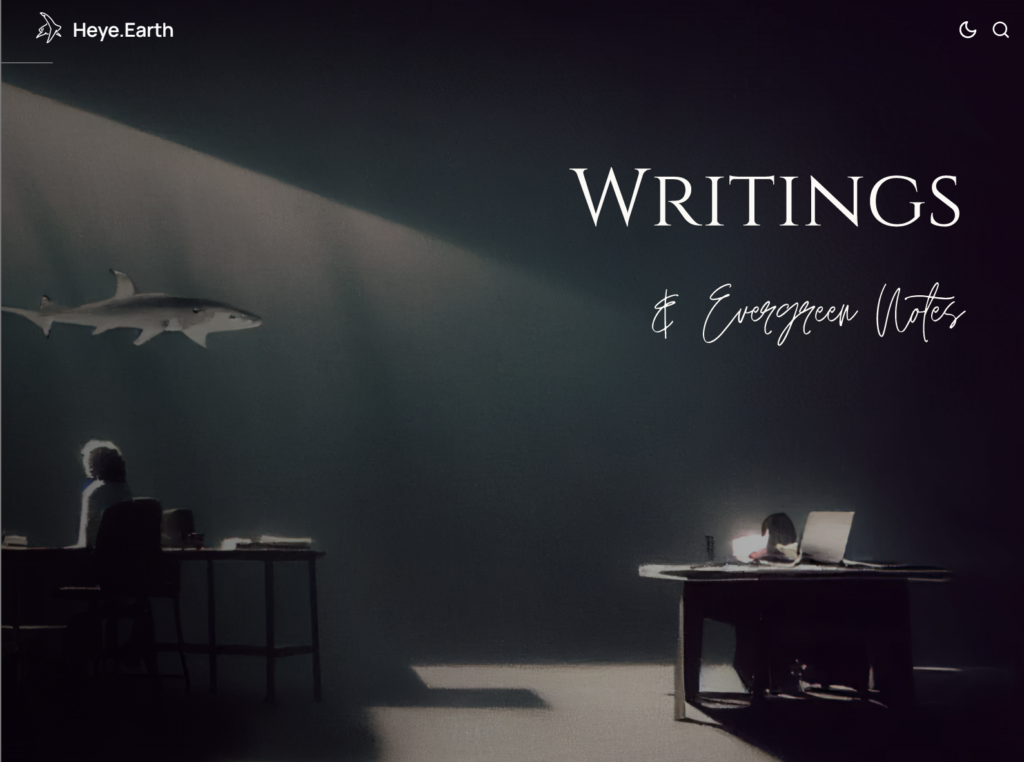
See heye.earth for new content, I am keeping this website up as an archive and for my German friends

See heye.earth for new content, I am keeping this website up as an archive and for my German friends
I decided to run a little precommitment experiment after reading “The Motivation Hacker” by Nick Winter: I will be using the learning app SuperMemo for at least 30 minutes every day in the next month.
You can track my progress here: https://www.beeminder.com/heyegross/supermemo
And if you find me failing, you have a wish open from me! (me@heyegross.de)
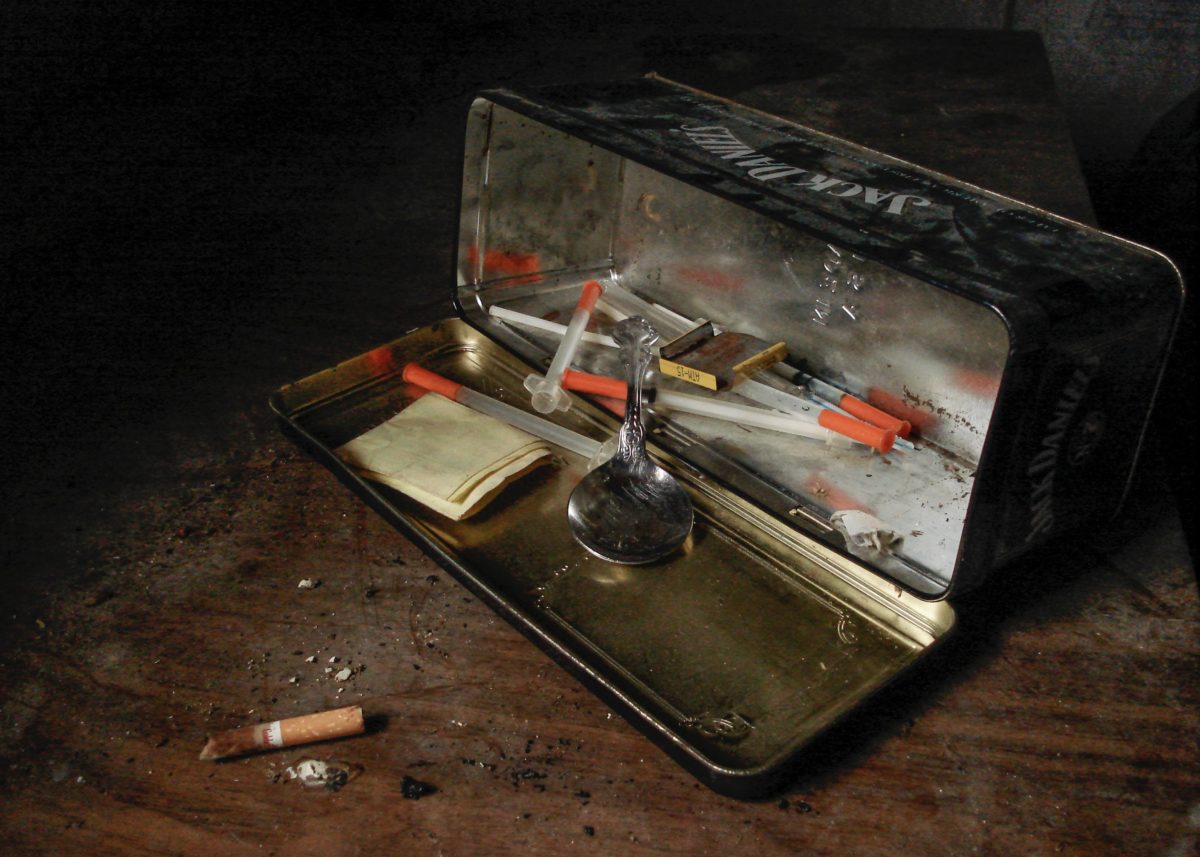
Well, that’s out in the world now. If you know me and that’s a surprise, well here you go. If you don’t it doesn’t matter. I think you’re at risk too., and that’s what this text is all about.
Before I go on: no this is not a „world is addicted to oil“ kind of story. Nope, real medically strict addiction. Even if it is self-diagnosed right now, I don’t think that makes it less crucial to understand. I don’t like fear-mongering, but I see myself as the victim of a hidden pandemic, one that will unfold long after we have survived the current one.
As I am writing this, we, as a species, are in the midst of a real crisis. The time of funny conspiracies and jokes about religious people holding mass prayers is over. We, you and I, will feel that the people that fall for hoaxes, so harmless they might seem, live in our world. No matter how our filter bubbles skew our world view, it’s the same reality that they must skew from. If „the others“ don’t follow social distancing our global efforts will be in vain. People die right now. Real people.
So why the heck talk about a small inconvenience that harms the life of like one person, myself? Well, first you seem to have the time reading it, ergo you are not a healthcare worker that I distract. So no harm done. Secondly, the whole issue just became apparent during this crisis and I am an opportunist. Use this time for personal transformative change, bla, bla, you know the drill. And at last, this question reminds me of a discussion I had years ago (with a wise old Armenian that lived through hell, as a white, privileged, 14-yo, just to make sure it sounds more insane than it already does)
The discussion centred around the question: what is more important? A child of a rich guy not getting the newest iPhone for his birthday, or the famine of an entire country in Africa?
Somehow, with absolute confidence, I exclaimed: the first. Yep, the first problem is more important for science to answer and myself to work on. My argument was simple:
The fact that a rich child exists and has this specific problem means that humanity as a whole has at least once already solved famine. The problem of feeding Africa is therefore only a problem of uneven distribution of said knowledge, a problem of scale, not breakthrough. The child’s whish, on the other hand, that’s really hard. It’s just symptomatic for the psychological damage a post-scarcity world can bring with it. And, oh boy, are we far from solving that one.
Today, I am going to repeat that same mistake. I spend the last three weeks, day in and day out researching the coronavirus and the live spread of a pandemic. I had pages over pages written, small funny pirates with whom I planned to teach you virology, lengthy discussions about economic breakdowns, the whole thing. But that’s all on hold right now. Because, as the title suggests, I am addicted. And somehow I think we should use our quarantine to talk about that.
The tool of my addiction is YouTube. Your tool could be Reddit, Facebook, a plethora of others, the underlying addiction remains the same. I am addicted to what I call Danning-Kruger-Maximization.
To make this very clear: I am also addicted to all of what you already know about modern digital addictions. Reward hacking, serotonin manipulation through scrolling, all of the stuff experts have spent tons of actual research on, and you and I can get help for. The healing process for that will not be easy, but it wouldn‘t justify diverting your attention from SARS-CoV-2. What I want to talk about today is something only this crisis brought to light (at least for me).
The definitions vary, but I’ll just say it‘s some part of your life you can’t live without (on a biochemistry level), but that decreases your overall life expectancy and it’s quality. Breathing air is not, drinking a bottle of wine a day is. Very loose I know, but that’s all you are gonna get.
Does my YouTube consumption fit this bill? Absolutely. I am not a fan of the 10.000-hour rule, and I have no actual knowledge of how much time I spend on YouTube/Reddit/Blogs combined, but I think I am close to mastery. And I am only 22.
Well, the question is: are there enough psychiatrists to treat everybody out there? Maybe. Are there enough in the future, when some of them are compromised themselves? Get your recently required flatten-the-curve knowledge out and apply it here. Do you see it?
To not reiterate entire books warning us of the attention economy I want to emphasize just one key idea:
A team of the brightest people on earth are right now using selective market forces to make you addicted to the world’s best content creators.
That’s it. There is nothing more to all of those books, you wanted, but never quite got yourself, to read (Not that I did, phew). I personally would also add that our economy is structurally built in such a way to pay this team the most (at least that’s how I defined brightest, recursion at its best).
So, here is my story of how I lost to them. And how they will get you.
While researching the coronavirus, one of the first questions is, why is this virus so special? Isn’t it just like the flu (if you just came back from digital detox, no, it is absolutely not)?
The answer is complex, but one interesting viewpoint is, that the novel coronavirus hits all the right sweet spots. Sometimes you see headlines like: “Will the coronavirus mutate?”, to which the answer is, first, yes, of course, that’s what replicating stuff does, secondly, in the way the news understand “mutation”: No. The reason? Why should it? This virus is doing great. Why get deadlier? That makes no sense. That would make people take you more serious, reducing the total number of people you as a virus can infect. Nope, SARS-CoV-2 is pretty happy as it is. And if that reality changes, it still has time to adapt.
To change the topic, let’s use this idea of sweet spots to design the perfect drug. Let’s play Plague Inc. but make everyone addicted, how would we do that?
First, we have to choose our class. Should it be a chemical drug? A religious idea? Maybe a political hoax? How can we hook people?
I think the best path would be a platform. First, you have extremely low marginal costs. Switch on some cloud servers, stuff coffee and anime into some programmers and you are good to go. Secondly, a community approach reduces your work even more. People are going to make your drug for other people, you just don’t have to completely fail at delivery. The third argument for digital online distribution is, that the regulations are years behind and will remain a joke for quite some time.
There are some intrinsic parameters we must choose. I will skip most, read the literature if you are interested. These include addiction at first exposure (if you visit them once, how likely are you to come back, good examples are heroin and Pornhub), repeated cravings (how much stronger does your dependency on the drug get with time, Spotify, YouTube, Steam, cigarettes would be some examples) and lastly, how much can you profit off the drug (and therefore reinvest in R&D, Sales and Marketing a.k.a dealing, and lobbying. Examples contain a wide range of things like alcohol or Instagram up to cheap credit. For platforms, this metric can be replaced with time spend consuming).
Then there are subtler parameters. Like the presymptomatic shedding of the coronavirus, it would be good for our drug to hide in plain sight. You want it to be socially accepted, even encouraged. If you can give out a Kids version, you are doing a lot right. But, attention! You also want overuse to happen in private, a taboo. Only lonely millennials (that are crazy anyway, don’t you agree) can fall for it. Your users should share as much as they can, but don’t get them talking very much. Always remember that consumption is a passive act.
But there is one final piece to make you rule the world.
It’s individualization. Here, the chapter is over.
I can’t tell you how they are individualizing it for you, as I am obviously not you. That’s the trick. It’s LSD, but when you take it, the ancient spirit of higher-dimensional string-beings tells you, and only you, where to find better shit.
So, how did they get me? To finally talk about that second part of the heading:
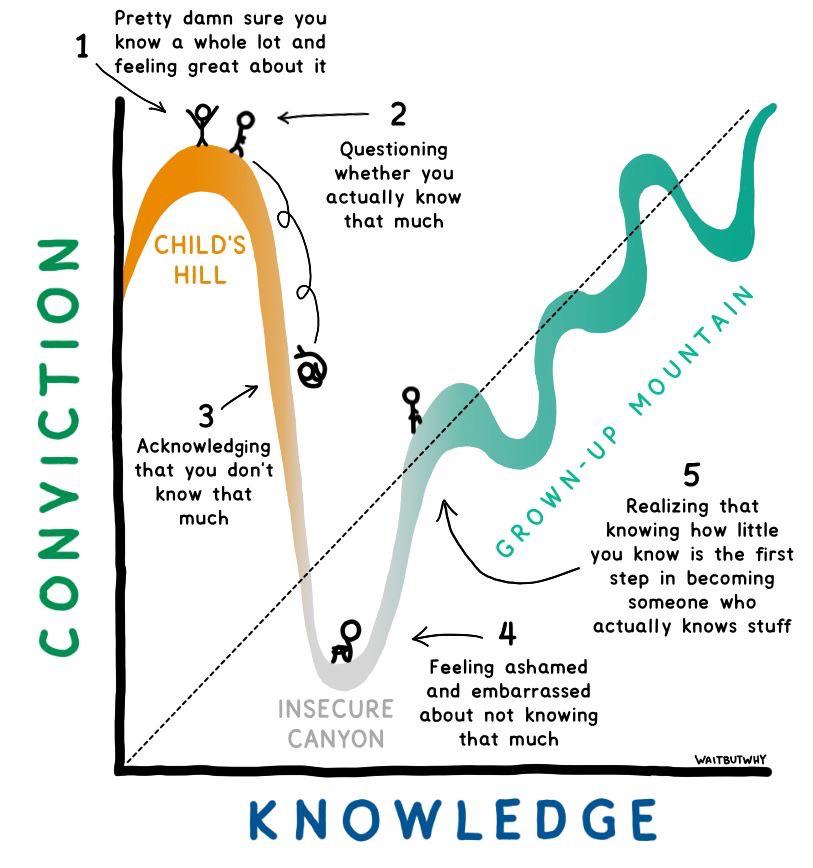
This is the Danning-Kruger-Curve or That-Graph-That-Tells-You-You-Know-Nothing-Not-Even-How-Much-You-Now-Nothing-And-You’ll-Act-Like-A-Prick-Anyway. This graph is actually not correct at all, but it’s the internet experts interpretation, here some science.
The thing is: I feel snuggly comfortable at that first peak, and YouTube knows this. I feel like an “expert” on a billion things. YouTube has made me a grand universal genius like Leonardo DaVinci, even as those died a long time ago. And so every time I install a YouTube Blocker, unsubscribe all channels, and log out of Chrome, I just open Firefox, or heck, Edge, because I need it for science. For work. To educate myself. How can I truly hate a platform, that after a newly emerging virus enters the scene, the first thing I see is not Alex Jones on Fakebook, Trolls on Reddit, a half-assed article from a long-ago respected newspaper like Zeit Online, but, I am not kidding, this:
All I want to know from you guys is: how did it get you? Do you feel addicted? Or could see it coming in the future? Would you agree that the corona pandemic can bring such issues out of the shadows? That mental health is maybe not more important, but maybe more a future problem we should think about now?
I am genuinely interested, so write me at me@heyegross.de. And while we are at it: any video recommendations on how to get off?
That’s it for today. It’s 6:36 AM. I stopped watching YouTube at around 3. I am not entirely sure if I had food today. Whatever this was: it’s over.
P.s.: Someday, I will write about how an atermistic economist would criticize the underlying business models of addiction, but that’ll have to wait. Now I am going to enjoy the birds of sunrise.
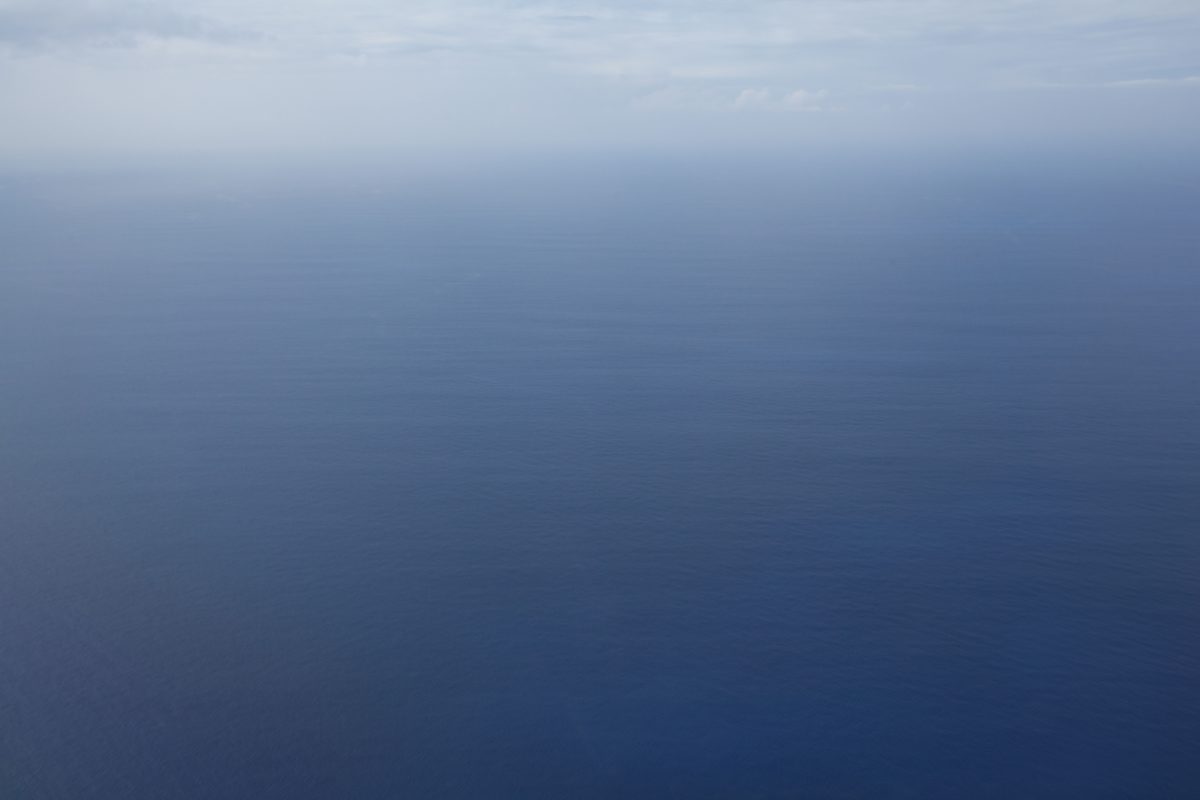
So where did I leave you last time? With this weird text:
The neglect of a possible own death changes basic assumptions of moral and ethical theory and forces the rethinking of fundamental principles of our society, including democracy and inviolable human rights, as well as a questioning of personal value systems for decision making. The resulting moral theory may at first glance appear contrary to the current notion of good and evil, but, like any moral system, it will not be fully implemented by humans. The morality ultimately practiced, which arises when people assume that they are immortal, is to a large extent congruent with what is considered ideal, but not practical, according to current moral concepts related to death. Someone who is truly convinced of his own immortality, that is, who believes in it, will automatically make decisions that we today attribute only to a saint, even if his reasoning seems immoral.
So what does the above text even mean? Is it true? Can it even be true? What are the implications if it were?
Lots of questions. Let’s try to bring in some structure of what I have to do to in order to answer them.

What even are words? How have others defined the terms I am going to use? Have these definitions changed alongside history? Do I maybe need to coin new terms in order to be more precise? Have others already expressed similar theories? Yeay, more questions, please.
We can answer the first one right here and now:
The point of attaching sequences of letters to particular concepts is to let two people communicate—to help transport thoughts from one mind to another
Eliezer Yudkowsky, Rationality: From AI to Zombies, What Do I Mean By “Rationality”? (I am currently at the very beginning of reading The Sequences, and so my judgement about them is still open, but regarding structure and style, I can definlty see this blog approuch that one)
The difficulty now only remains in finding the right sequences of letters to export my thoughts into the world. Quite the challenge. This will basically require a deep dive into fields of philosophy, human thought, linguistics, social science up to theology.
But just because I might stumble upon the right words, those that exactly match the ideas I want to present doesn’t mean you already know them. For instance, I could have elaborated linguistics in the last paragraph and instead write: diachronic linguistics. It matches the question “Have these definitions changed alongside history?” a lot better, but neither of us necessarily know what that word even means.
More precise words can actually decrease clarity. And unclarity can not only have huge and real impacts (I am looking at you Mr. Bible-Writer), it can also subtly hinder the process of acquiring knowledge itself.
So all I wanted to bring across is, that we need a very good, but simple definition. Ideally, this definition of atermism lies in the sweet spot between precision and clarity. And that’s where the next part comes in:
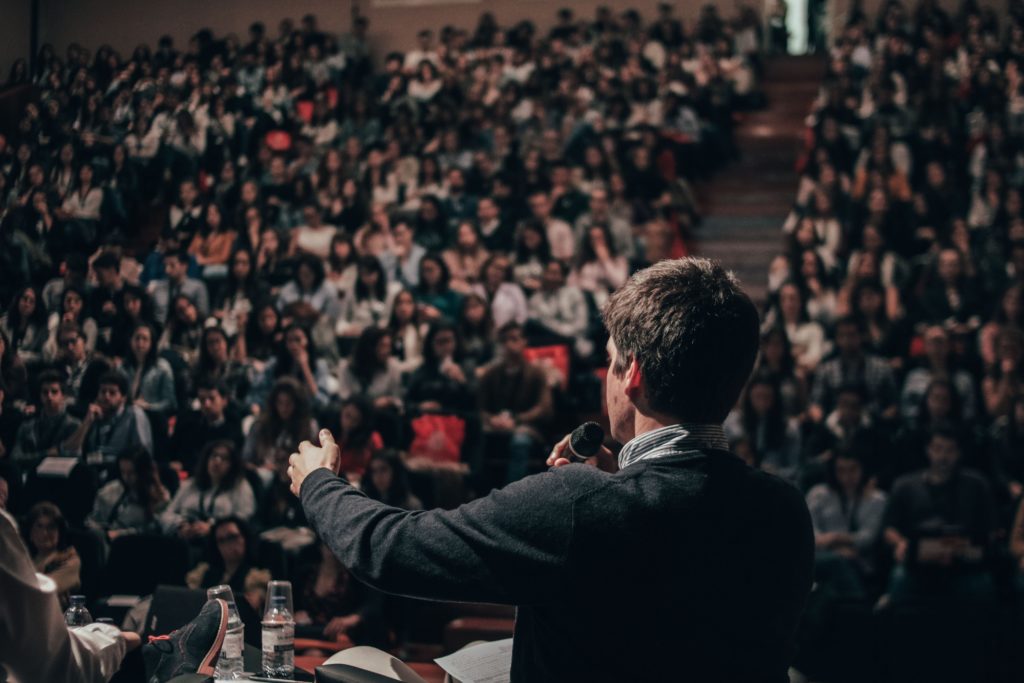
In order to prove or disprove any idea you want to maximize the number of people thinking about the issue, but minimize the number of people thinking about slightly deviated understandings. More people, with more educational backgrounds, more life experiences and simply more time, is always better. But the risk of dangerous misunderstanding is greatest when you think your points are aligned, but in reality, you talk at cross purposes.
I often find it very difficult to have a discussion with people I agree with. I mean what are you supposed to say? And not too often I find myself wanting to quit the conversation, sick of reiterating points both parties already know. But when I stop myself and dig deeper I often find weird inconsistencies in the way I and others express their arguments. And then the reason becomes clear: we don’t actually agree. Our underlying values couldn’t be more different, but they are buried so deep in virtue signalling and going-with-the-safer-arguments that we miss the opportunity to put our ideas into battle.
On the completely other site are people speaking in a foreign language or people with strong dogmatic beliefs. Here the tension is immediately clear and often no discussion arises. But again, if we took the time to understand each other languages or belief-systems, an argument could have been sprung up.
In both cases, whether or not an argument is missed because you thought you already agreed, or because no common layer of understanding was present, only one thing can help. A precise (meaning it would be impossible for two differing viewpoints to both agree) but clear (meaning very little groundwork has to be done in most cases) explanation, is what is needed. And to arrive at this explanation basically requires a full study of communication and teaching. This is something I am actually currently planning, by enrolling into communication psychology.
But what to do if we have the maximum of people that can constructively discuss atermism? What should all these educated smart-heads do all day?

The hardest (and I presume life-long) task will be the rigorous scientific and rhetorical analysis of atermism. Answering not only if it is true, but whether it should be true, requires one to simply be wise. Something very hard, if not impossible, to achieve, but something one can crowdsource. Something where a high-rung thinking group can outperform any individual.
“The wisdom of the crowd.” While this one has been highly controversial for centuries, and there are countless examples of bad democracies performing worse than good monarchies (Duh. Fair comparison. Now that I write this, I am actually not sure. Could somebody check if there actually are examples?), I could never have written this essay, neither could you be reading it, without cooperation. We would all be running around like the guy from Primitive Technology. Just without the video uploading and still-being-alive part.
If all you naturalists just cried out aloud, I get it. None of the depictions of “modern society with technology = gooood, old nature hippies = baad” should be blindly accepted, but that’s not the point. No matter how you look at it, the fact is: collective scepticism is the best chance we puny apes have to arrive at truth.
Most people think the scientific process looks something like this:

But I think it is a lot more violent then the cute cat suggests. If theories had feelings, then the scientific revolution would have been horrible. That’s why I think this is a more fitting image of science:
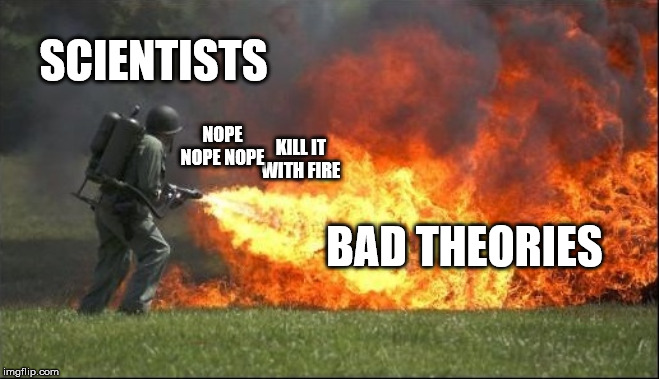
The thing is: sometimes, and very rarely, theories survive for a while. Some ideas turn out to be aerogel after all:
We all gather around the fire and marvel when this happens. We feel proud to be part of a time in history when good theories are born out of the burning. But we forget the hard work that went into making those ideas fire prove. The effort of hundreds of people and countless hours that went into all those ideas that a single pyromaniac destroyed in an instant. And the single one that survived.
So let us get together, take out our Not-a-Flamethrowers and try to burn atermism to the ground. And rebuild it. And burn it again.
Okay. Enough cheesy jokes and fire references. You may ask, what’s next? What would come after the hardest part, after proving the theory of atermism? What more could you want?
The problem with theories is, that they are just nice.
But they can’t run Crysis. Ehm, I mean, they aren’t always practical. Same thing. Ok, I’ll stop. This is serious stuff.
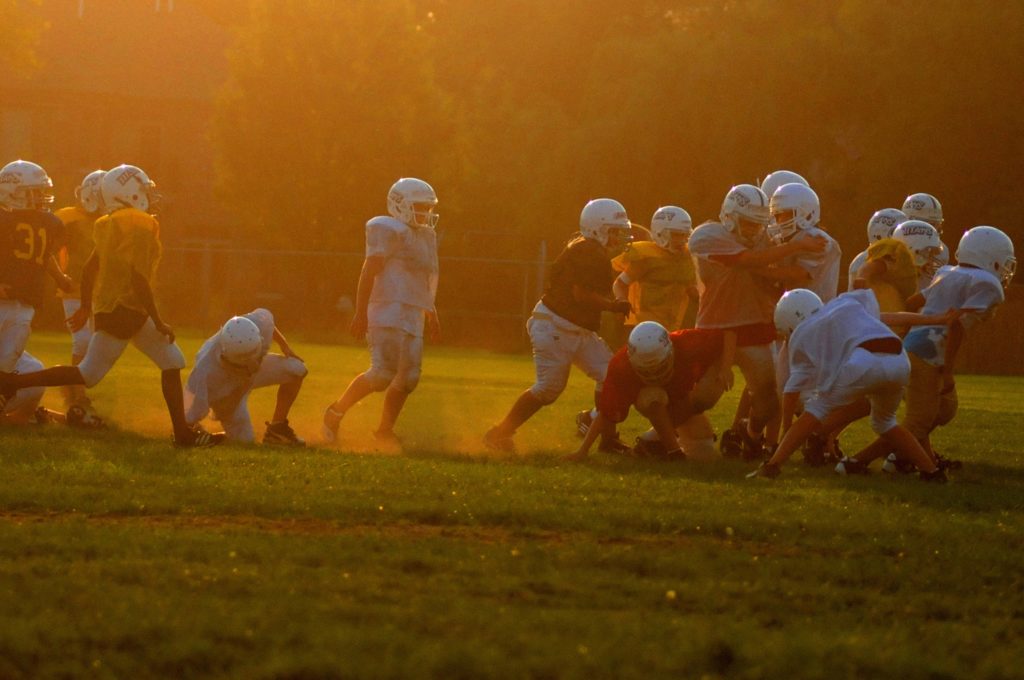
No, it’s not. This is the fun part. And maybe the most important. I also think this part will be the most interesting to you.
To prove my ideas in the real world will require self-experimentation, engineering, running start-ups, coaching companies, investing, building, farming, just to name a few. It will involve tears of failure, despair, success and awe. And a lot of learning on the way.
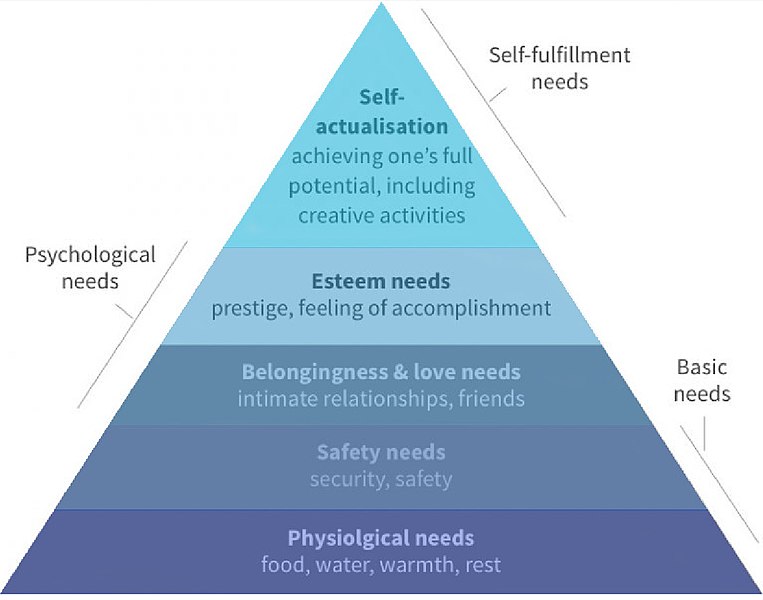
The goal is simple: for every aspect of Maslow’s hierarchy of needs (not to be taken as a fact, just a guide) I want to answer two questions, by practising them:
How would an atermist pursue to fill this need?
And how do we get there?
How would an atermist sleep? Can we already sleep like that, or are we missing something? What would their day look like? Where do atermists get their food? Would they fly to get from A to B? And would they take a plane right now (there is a huge difference between ideal actions and those during the transition, as we’ll see)? What clothes do they wear and posses? Would they use money? What is TUBI? And FIRE? Are atermists ultralearners? Does that even work? Would they live monogamous forever? What would you vote for as an atermist? Conservative? Progressive? Or something else entirely? Would you have friends, if you could lose them, but are immortal? And last but not least, what’s the meaning of life anyway?
God, do I love long lists of questions. Always fun to see, that you know nothing (are you paying attention, Jon Snow?).
Most of these questions are floating around unanswered in my head. But you can also see, that if the answer is: “that doesn’t exist yet”, how this list can inspire new ideas, products, business plans, solution providers, even the seed for entirely new industries. An atermistic revolution.
I, for example, believe, that an atermistic clothing solution doesn’t exist yet. There are simply no clothes that I would willingly put on me, let alone purchase, as an immortal today. Too expensive over time, nearly no features that keep you alive, never mind making you comfortable, in all environments (we literally have to build giant concrete structures around us, with machines inside, that burn dinosaur remains to randomly accelerate gas molecules, that may or may not hit us, just to not freeze to death and feel cosy. Because our clothes somehow don’t do that. Absolutely ridiculous.), you have to wash them all the damn time, and if you do, you poison your own drinking water with detergents and literally hundred-thousands of microplastic threads, they break all the time, lose form, or are just not trendy/funny/interesting/you-name-it anymore, and, ehm, did I mention f***ing child labour?
Yeah. No thanks.
(Just a warning, I try to be positive and passionate and stuff, but goddamit do I hate the fashion and aviation industry. So if I rant about these two, just take it with a grain of salt. Everybody needs a punching bag or in their case a f’***ing shooting target. Why these? Well, they are more challenging then obviously-evil-guys like the petrol industry or the military-industrial-complex, but definitely on par when it comes to destroying livelihoods.)
The point is, that practice of atermism is a good way to sharpen my definitions, illustrate the explanations and most importantly help validate or disprove certain results of questioning. Therefore, the practice of atermism will remain the main focus of this blog, interwoven with essays and thoughts around deeper theoretical aspects.
I presume there is just one last question I need to answer before we can take a deep dive int the guts of atermism.
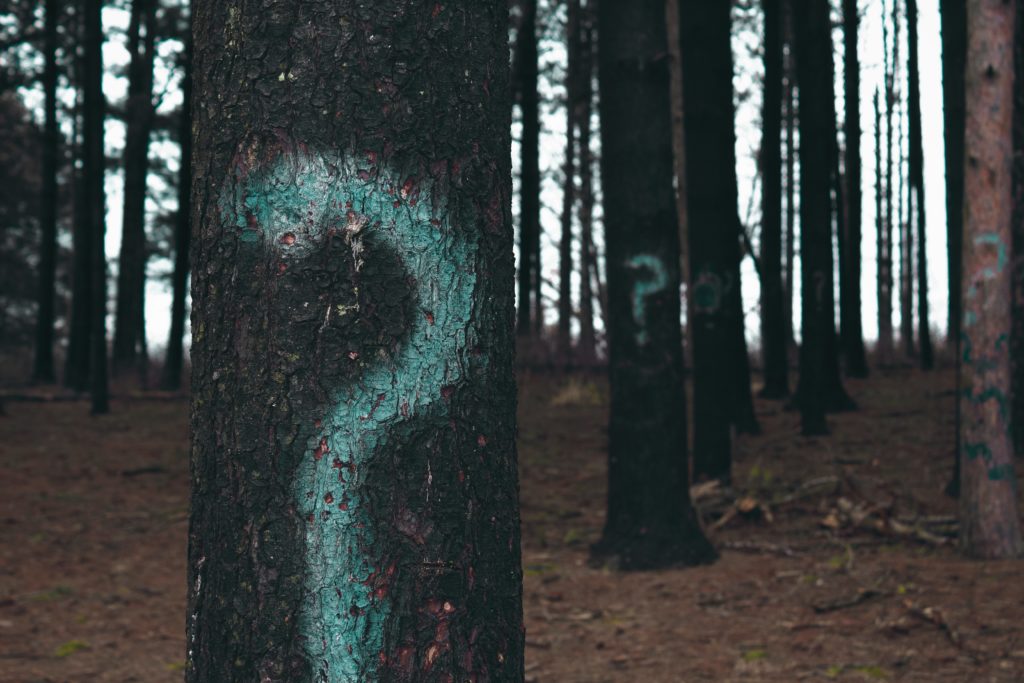
Why dedicate years of my life to prove a strange idea I had in high school? Why do I plan to study communication psychology, political economy, environmental engineering, philosophy, history, data science, physics, in that order, just to validate something I am not sure is correct anyway? Why write a blog, even before I have certainty? Why, just why, go so hard all-in, with nothing but a gut feeling?
To be honest, I don’t know yet. That’s part of the word gut feeling.
But right now I can think of two main points.
Atermism, and the quests and explorations it entails, are the best framework I found for my learning endeavours. Like a guiding light, it allows me to answer those questions that I am most interested in. What are we humans doing to ourself? What should we be doing? And why the f*** am I here?
I see a rise of uncertainty in my generation. A feeling of weirdness. A vibration like the calm before a storm. But I also hear a rising voice, that we are already in it, that all is already lost. A simultaneous impression of sleepwalking into doom and waking up already tied up in hell.
I would attribute this paradoxically to the biggest uplifting of human suffering. Never in history where their (in absolute terms) more people not working in fields or factories, not out for survival, but actually thinking. It’s like humanity has woken up, lifted from the ivory-tower philosophy of the past, finally able to answer the big questions.
But it has found nothing. Still governed by old structures, rituals and political systems of ancient times, we found nothing but nothingness.
When you define your life by your work and contribution to society, but mindless automata are just better at that, when your self-derived justification of existence is being outsourced, stuff turns dark quickly.
When you cheerfully exit school to travel the world and you find it in disarray, bleached, suffocated and burned, you lose hope quickly.
When you enter university to begin writing your own destiny and you realize none of these skills will actually matter (and I studied cutting-edge nanoscience, not the arts), that when you leave school a different clown sits at the political top, undoing its predecessors work, bit and qbit density has more than quadrupled, making your dream job either obsolete or making it easier for you to turn those from others obsolete, you become paralyzed. Perfect prey for the only jobs still in demand: catching millions in nets of addiction.
I could go on. Nobody today is joking around about “first-world” problems anymore. We have learned the hard way that the problems of the rich quickly become future problems for the masses. Essentially, money can only help so much with loneliness, depression, addiction and ultimately meaninglessness, and so the tragedy of the western world unfolds.
But this is only one side of the coin. The schizophrenia of our time is, that while we have a massively confused, but at least wealthy part of society, the rest is left behind, stuck with day to day fears in a world that is entirely build against them. A world where food security is plummetting as the climate evolves, water and air poisoned for production, social mobility systematically hindered, racism on the rise and resource wars already undergoing.
On the look for a central story, I think there are currently two forces at work, two trends that together culminate in a world we don’t want to imagine.
First, as a natural counter-reaction to globalization and enormous global competition for finite resources spatial selfishness is on the rise. Second, through the thoroughly scrutinized and well-meaning, but often gloomy, warnings of experts in climate systems, AI research, sociology, economy, etc., timely selfishness is on the rise too. All-against-all, everybody on their own, and carpe diem, enjoy-the-moment are growing sentiments of our time.
This doesn’t mean we are there yet. If nothing of what you read the last minutes resonated with you even a bit, I can understand you. But if you would ask those of us unable to sleep, frightened about the future, you would unanimously get this answer: You are just not frightened yet. Just wait and you will fear for your life too. And this sentiment is itself what keeps me up. The point of all of this is not that the world is shit. It isn’t even that much. The point is that people feel like it will only get worse. If you’d ask me, the most dangerous form of self-fulfilling prophecy.
Why? Because these reactions are only natural. They are what drives us through times of scarcity, even imaginary ones. It even let’s some of us survive. When you run for your life, you only have two thoughts: run and you. Now and here. But together they bring with it something that I baldly claim to be the largest challenge humanity has ever faced, something so unprecedented, so disrupting, it surpasses everything you fear, simply because it contains everything you do:
The death of egoistic altruism.
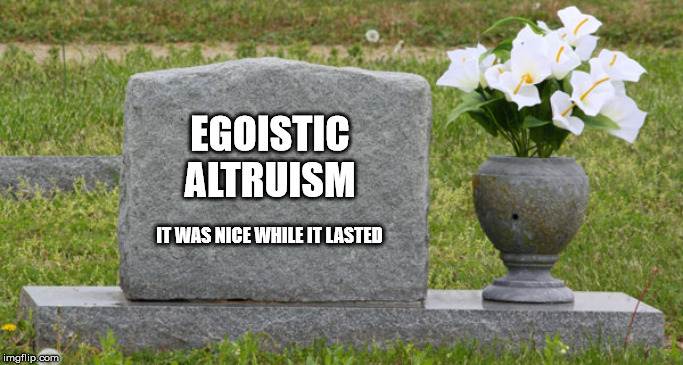
Don’t worry if you didn’t understand a word I am saying. I will talk at length about all of this. I will probably dedicate multiple posts just to the topic of egoistic altruism alone. Because the phrase above also gives me hope. It relates all the “problems of humanity” with another and takes away the perverse incentive of the attention economy to say that this is the biggest problem, no this, no it’s obviously that thing there, donate here to save us, please, thank you. (Yes, I just wrote this, fully aware that I am running a non-profit for maritime conservation. The irony is strong, I know.) And this “relating” I see the strength. It is the common enemy. Its mere existence can unite us. Wich, tada, is the only lifeline we can throw at egoistic altruism.
Lastly, before I let you go, I just want to talk briefly about what atermism actually is. A cult? Religion? Strange Ideology? Or just a harmless thought on a blog that will sink unnoticed into the schism of internet history?
I hope for none of the above. For me, atermism is simply a tool. A lense to ask better questions. Instead of asking: “Should you torture and kill animals to have a nice sensation in your mouth?”, which will only create massive twitter outrages, endless arguments about “relative moralism”, feelings of anger and regret on all sides, and sadly, but unsurprisingly, little change for the better, we can rephrase the question:
“Given that I am personally, physically and consciously immortal, and that I am fully and solely responsible for whether the world I live in is eternal hell or infinite bliss, and I should prefer the latter, given all of that, is meat the best source of energy I can consume today?”
Maybe you now already see what I do. A world, where those who can afford to have civil discussions, use them to help those who can’t, those alive today in poverty and all who are still to be borne.
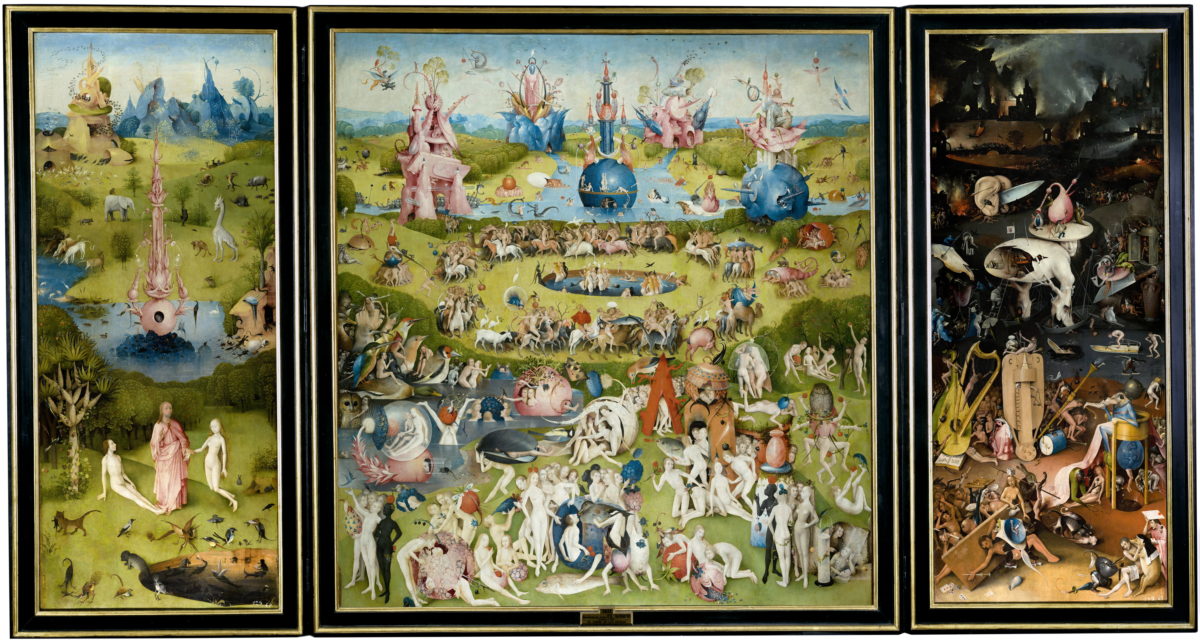
I’m confused. But then again, that’s not surprising. The world is far too complex for there to be a clear, straight path passing through it.
I’m afraid. Not in its concrete form as fear from something specific. As far as I can see, there don’t seem to be any monsters left. But I feel something in my neck. Where my gaze does not reach. I know that if I turn around, something will lurk there, like a scene from a bad horror movie.
There’s a language in which the past is in front of you, clear to see, only hard to recognize in the distance. And the future lies behind you, unknown, vague and full of surprises. Life is a train ride where you sit opposite the travelling direction.
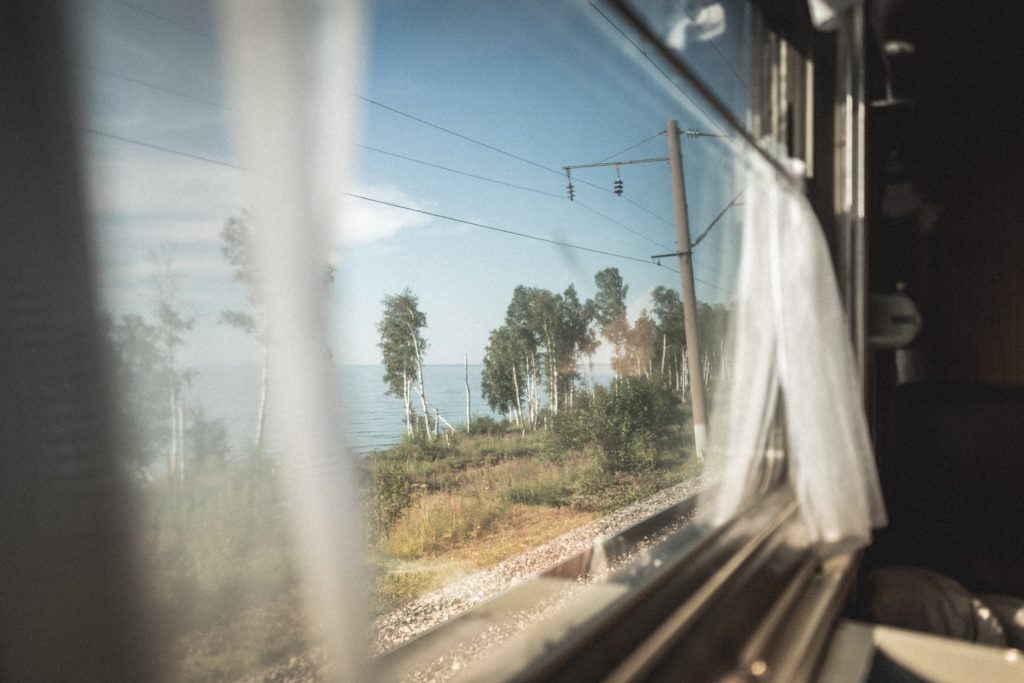
That’s a nice picture. Except I’m pretty sure we’re heading into a still unfinished tunnel right now.
I’ve made up my mind. No more sitting around for this. No longer to passively enjoy the journey. I’ll go to the driver in front, turn on the fog lights and if necessary blow up a clear, straight path through this damn mountain.
Wow, what a pathos. Sorry about that.
Of course, that was an exaggeration. I’ll probably never be a hero, either. That’s ok. In the words of Exurb1a:
Go home Tao. Don’t try to be a hero, or a sage, or a warrior. Just exist for a while and be decent. That’s heroism enough.
and then we’ll be okay
But hey, now that I have your attention, do you feel like talking a little bit about the problems of mankind?
I’ll just claim that many of you could relate to these feelings, maybe you even feel the same way. We don’t talk much directly about fear and confusion together, but given what humanity is talking about, the stories we share, and what the news is producing *cough* coronavirus *cough* (too soon?), we seem to be a very concerned species.
If I were to try to describe modern society and this feeling that’s in the air in one word, it would probably be “self-aware late-roman”.
Okay. That’s four. But we seem to be the very first species to at least suspect their own imminent demise.
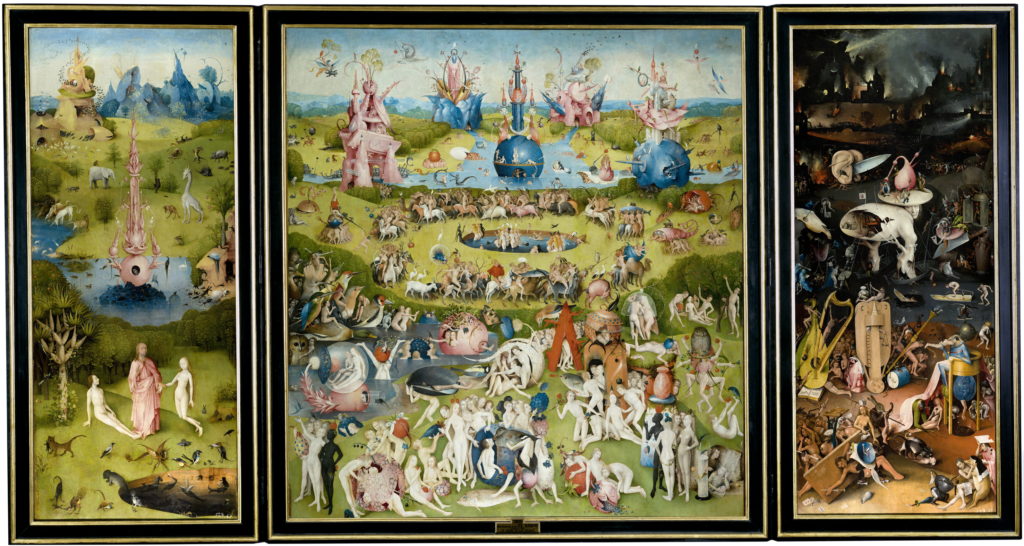
The beauty is, I’ve not at any time mentioned what I’m afraid of. Depending on how your journey went so far, you have felt your worst fear behind you. You’ve projected your vision of the apocalypse onto the mountain that we’re racing toward. And if I now give this mountain a name, I will destroy the image of some. Because I think the biggest problem of humankind is: Immigration.
“What? Not climate change?” or “Finally someone who sees what I see!” Whatever your reaction was, I fooled you. Of course, this text is about climate change.
“Whew!” or “Idiot!”, I did it again. This text isn’t about climate change either. Not about GAI, automation, overpopulation, the super-rich, surveillance states, epidemics, super-bacteria, financial crashes, SHTF scenarios or aliens (duh?).
This text is only an introduction. An introduction to my train ride. I hope you can take something with you for yours, but most of all I would be happy to learn from yours. Because mine has only just begun.
Some of you have been through tunnels before. Weathered financial crises, wars, famine, rebellions. Some of you have even lived through the winter of the Cold War. And perhaps, it would be a great honor for me if that were the case, one of my readers even has memories of driving by night. Of the horrors we humans brought to light in our darkest hour. But the world war was long ago. Nuclear shelters have become museums and even the last financial crisis I did not consciously witness.
My name is Heye Groß, I am 22 years old and I am looking forward to the upcoming long and happy journey of my life. To a continuation of what was.
The fact that many of my age have doubts and objections about this sentence says a lot about our world, doesn’t it?
But I find the attitude of the experienced just as strange.
“It’ll work out. Don’t worry so much, kid. I’ve survived this far.”
Shouldn’t you be the ones to warn us like this?
“All past crises have been resolved by hard work, not optimism. By people who got out, ran ahead and dug the damn tunnel. Ready to sacrifice everything, they laid the tracks we drive on today.”
I have no answers to the question of how everything ends. I don’t know if this train is going too fast for us to still have time to lay down some rails. But we can try. And I can tell our story along the way. Like these lovely sidekicks:

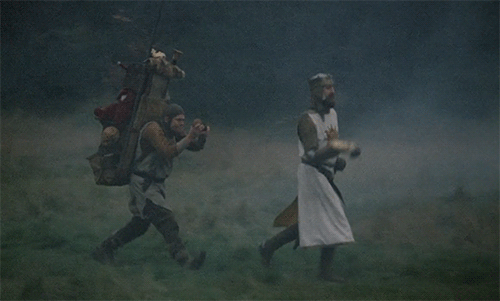
Maybe we can even have a participatory story on this site. A big shared Choose-Your-Own-Adventure, where we find out together how the view from the front seat looks like.
I don’t think the story of how we save the world exists yet. Nationalism, communism and finally capitalism have fallen (yes, of course, I read Harari), but a new narrative is still to come. I don’t pride myself on finding it, but maybe we can search together.
To lay the starting stone, I would like to present an idea. A theory, half-baked and probably not even new. But this is how every scientific process begins (at least according to WaitButWhy):
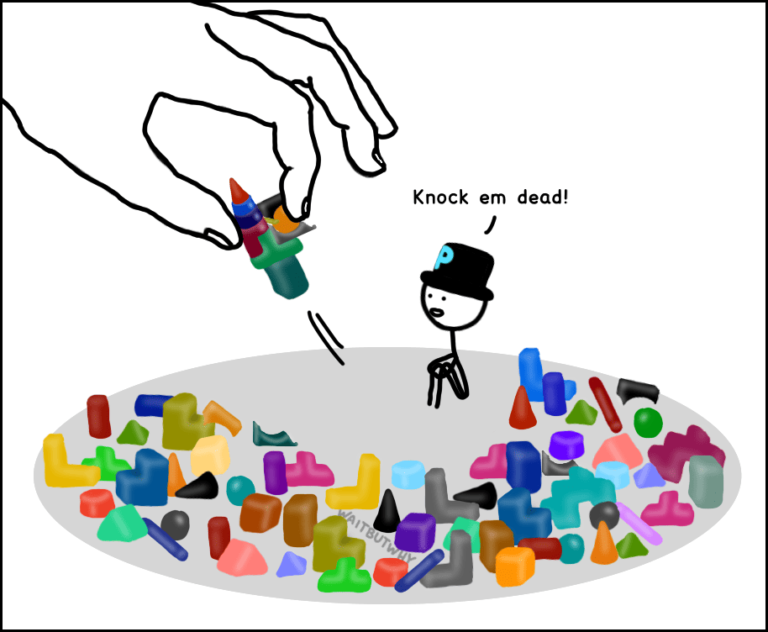
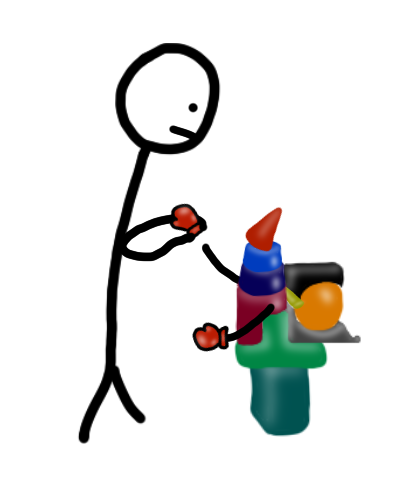
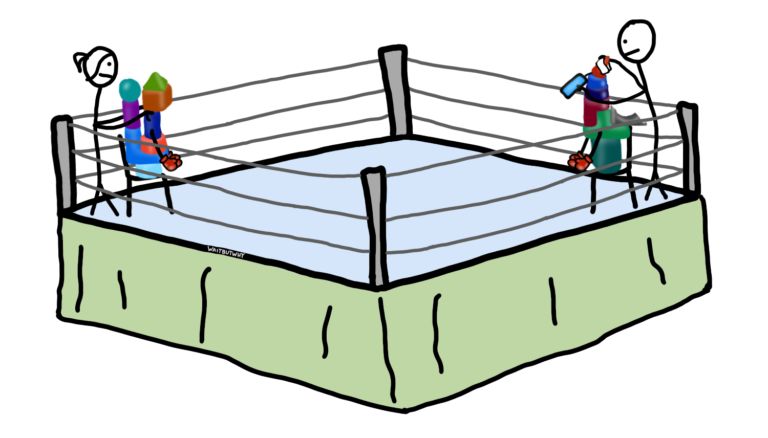
One puts an idea out there and just hopes that it will stand up to criticism from others. So your task is clear. Try to destroy it.
Without further ado, here is the idea:
Belief in your own immortality makes you a better person.
Wow. Stop! Religion red-flag! A cult leader!
Burn him at the stakes!
Yes, yes, I know. Belief, immortality and better person in one sentence. This has never worked out well. You are right. But:
The neglect of a possible own death changes basic assumptions of moral and ethical theory and forces the rethinking of fundamental principles of our society, including democracy and inviolable human rights, as well as a questioning of personal value systems for decision making. The resulting moral theory may at first glance appear contrary to the current notion of good and evil, but, like any moral system, it will not be fully implemented by humans. The morality ultimately practiced, which arises when people assume that they are immortal, is to a large extent congruent with what is considered ideal, but not practical, according to current moral concepts related to death. Someone who is truly convinced of his own immortality, that is, who believes in it, will automatically make decisions that we today attribute only to a saint, even if his reasoning seems immoral.
somehow sounded less catchy.
But this is only a theory. A life theory!
P.s.: This article is simply there so that people later claim that I coined the term atermism. Which is exactly what I’m going to do now:
Ater-mism: A theoretical ideology that deals with the practical implications of immortality and hyper-long term thinking. Word origin: without (α), ending (τέρμᾰ), -ism
(yes, all true philosophers and people who actually know ancient Greek are now invited to turn over in their graves)